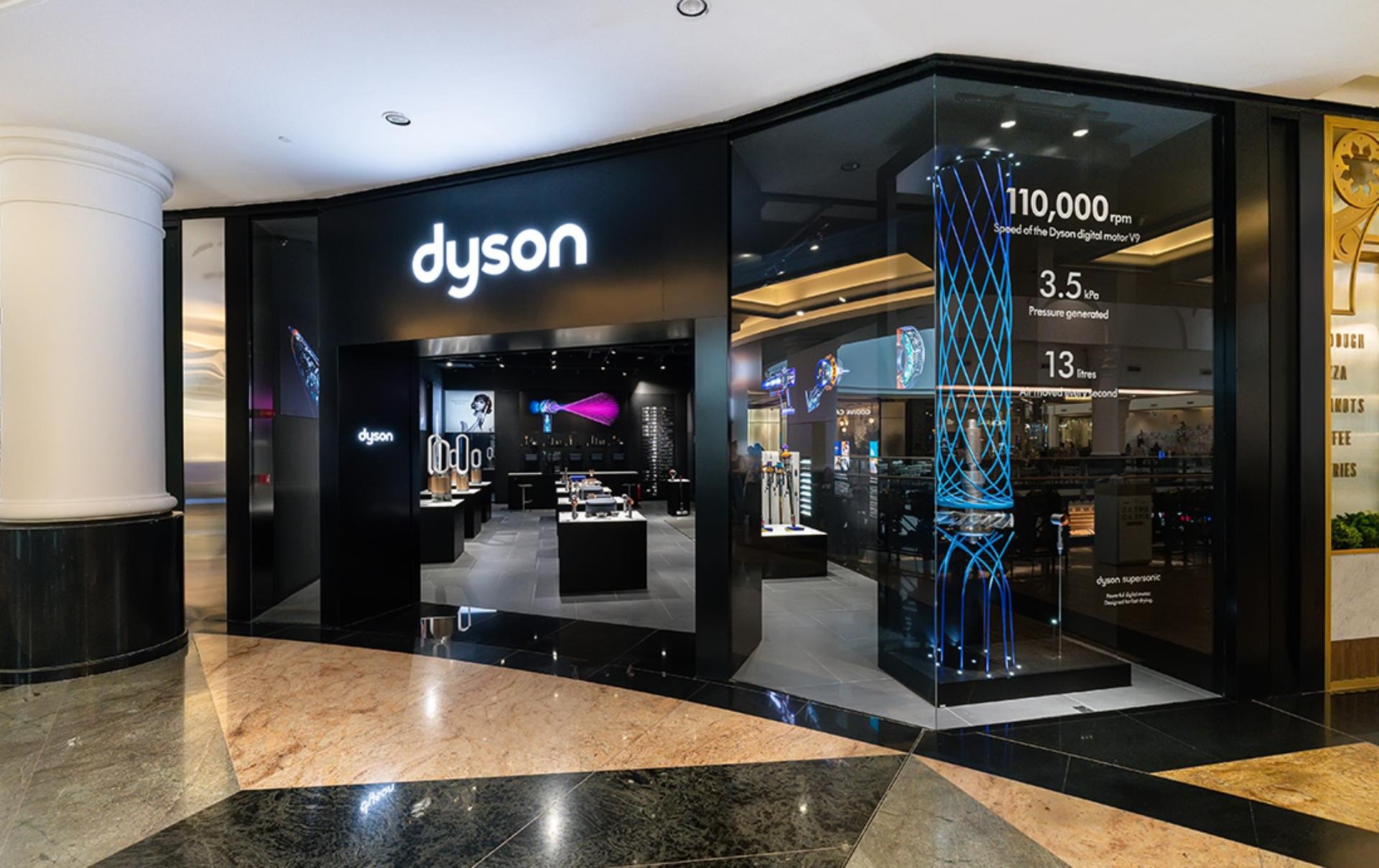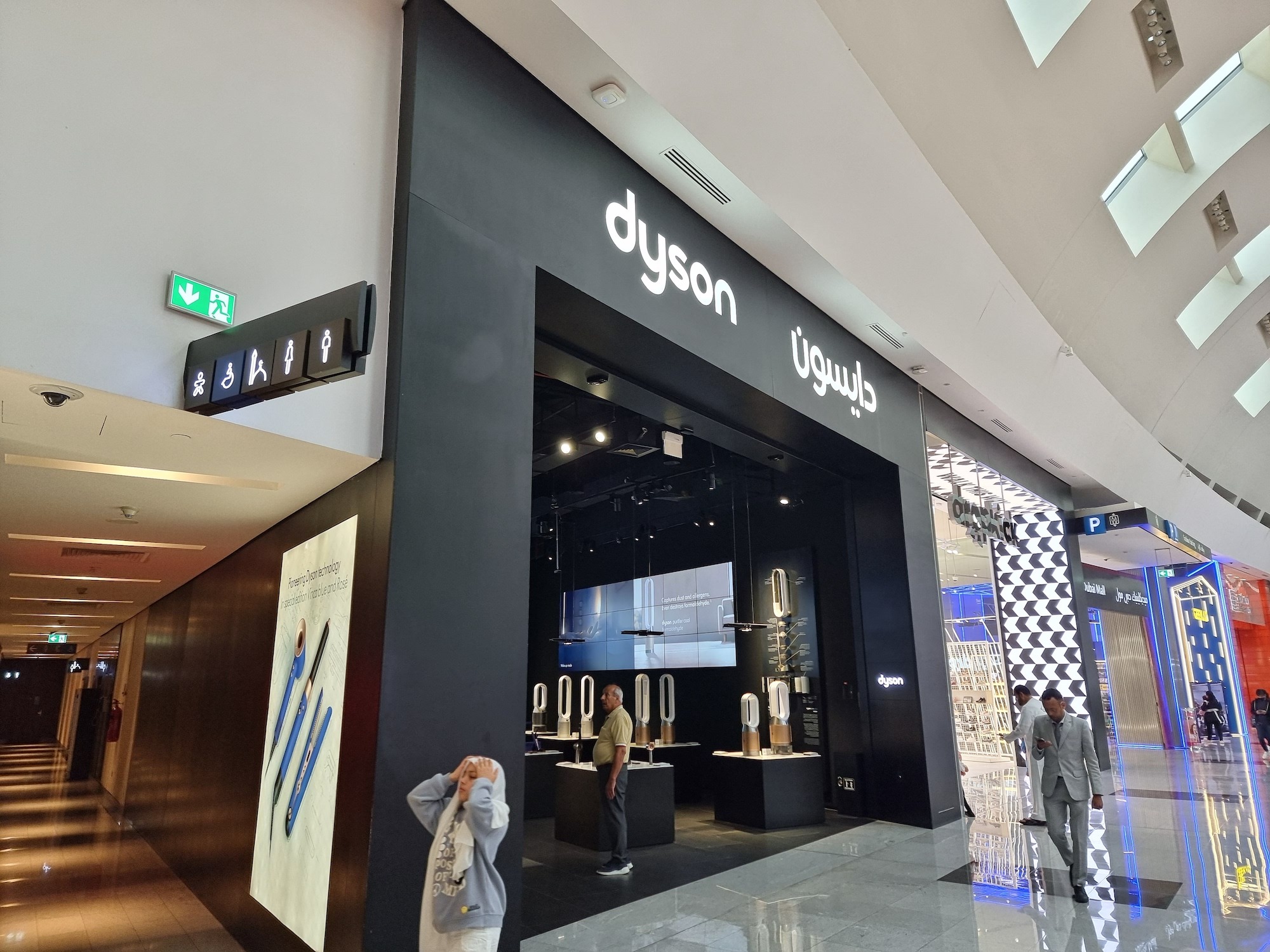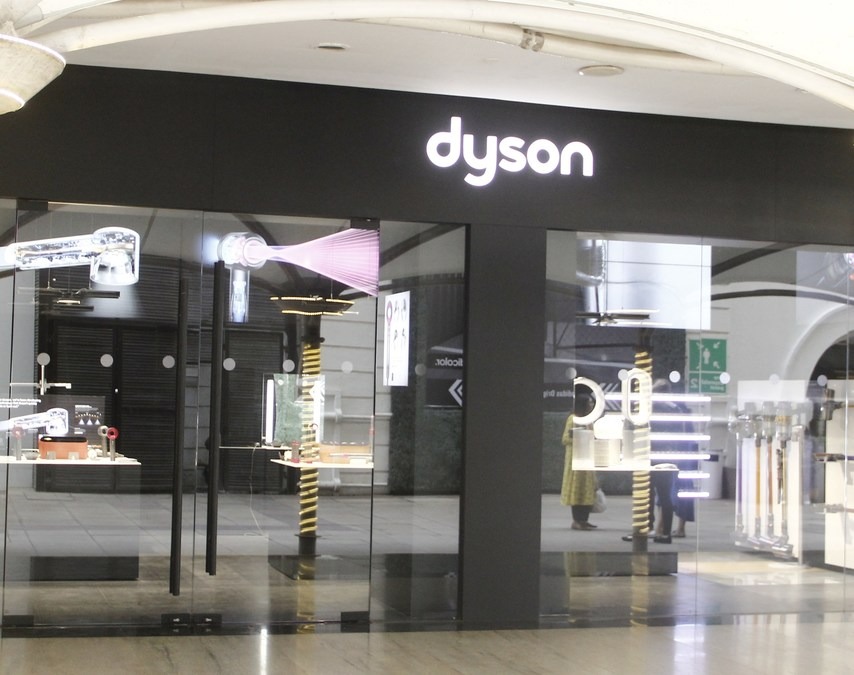Dyson is a British technology company founded by Sir James Dyson in 1993. The company designs and manufactures a range of innovative products, including vacuum cleaners, air purifiers, hair care products, and hand dryers. Dyson is known for its innovative approach to product design and engineering, with a focus on creating products that are more efficient, effective, and sustainable than existing alternatives.

Dyson has a strong commitment to research and development, investing heavily in new technologies and materials to improve the performance of its products. The company has a team of more than 6,000 engineers and scientists working in its research and development facilities in the UK, Singapore, and Malaysia.
Dyson has a global presence, with operations in more than 80 countries and a workforce of more than 15,000 people worldwide. The company has won numerous awards for its innovative products, including the prestigious Design Museum’s Design of the Year award, which it has won multiple times. Dyson is also recognized for its commitment to sustainability, with a range of initiatives focused on reducing its environmental impact, including the development of more sustainable materials and production processes.
Introduction to Dyson’s marketing strategies
Dyson’s marketing strategies have been a key factor in the company’s success. From the beginning, founder James Dyson has emphasized the importance of design and innovation, and these principles have been central to the company’s marketing approach.
One of the key elements of Dyson’s marketing strategy has been storytelling. The company has used advertising campaigns and other promotional materials to tell the story of the development of its products. For example, the company’s first vacuum cleaner, the DC01, was the result of years of research and development, and Dyson used this story to build interest in the product. The company has continued to use storytelling in its marketing campaigns, highlighting the development process for each new product and emphasizing the company’s commitment to innovation and design.
Another important element of Dyson’s marketing strategy has been design. The company’s products are known for their distinctive, futuristic appearance, and this design aesthetic has been central to the company’s branding. Dyson has also used design to create a sense of exclusivity around its products. By positioning its products as premium items, the company has been able to command higher prices and create a sense of status around its brand.
Dyson has also been very active in social media, using platforms like Twitter and Instagram to engage with consumers and build a sense of community around its products. The company has used these platforms to showcase new products, provide customer support, and share behind-the-scenes glimpses of the design and development process.
Dyson’s unique brand story
Dyson’s brand story is centered on the vision and perseverance of its founder, James Dyson. Dyson was frustrated with the poor performance of traditional vacuum cleaners and decided to create his own. He spent five years and created over 5,000 prototypes before finally developing the world’s first bagless vacuum cleaner. This vacuum cleaner was a game-changer in the industry, as it did not lose suction power over time like traditional vacuum cleaners that relied on bags.
Dyson’s success in developing a revolutionary product has been a key part of its marketing strategy. The company has positioned itself as an innovative and technology-driven brand that is focused on solving everyday problems through design and engineering. Dyson’s products are designed to be not just functional but also aesthetically pleasing, with a focus on sleek and modern design.

The company has also emphasized its British heritage and its commitment to manufacturing its products in the UK. This has helped to create a sense of authenticity and quality around the brand, which has resonated with consumers.
Overall, Dyson’s brand story is a key part of its marketing strategy, helping to set it apart from competitors and build a loyal customer base.
The role of design in Dyson’s branding
Dyson has made design an essential part of its brand identity, using innovative and futuristic designs to differentiate itself from competitors. The company’s founder, James Dyson, has always been passionate about design, and this passion has driven the company’s focus on creating aesthetically appealing and functional products. Dyson’s designers use advanced technologies and materials to create products that are not only visually striking but also highly functional and durable.
One of Dyson’s most iconic designs is its bladeless fan, which uses Air Multiplier technology to create a smooth, uninterrupted stream of air. The design eliminates the need for visible blades, making it not only safer but also more visually appealing. Dyson has also incorporated similar design elements into its other products, such as its cordless vacuums and hair dryers.
Dyson’s design philosophy has helped the company stand out in a crowded market and has made its products highly desirable among consumers. The company’s sleek and modern designs have become a hallmark of its brand, and its commitment to innovation and functionality has solidified its reputation as a leader in the technology and home appliances industries.
The impact of Dyson’s marketing strategies on brand perception
Dyson’s marketing strategies have had a significant impact on the company’s brand perception. Through its focus on storytelling and design, Dyson has created a brand that is synonymous with innovation, cutting-edge technology, and high-end design. The company’s products are known for their sleek, futuristic designs, and their marketing campaigns often showcase the unique features and benefits of their products.
One key aspect of Dyson’s marketing strategy is its emphasis on the science behind its products. The company’s marketing campaigns often highlight the engineering and technology that goes into each product, which helps to build trust and credibility with consumers. Dyson’s marketing also emphasizes the practical benefits of its products, such as their ability to improve air quality or reduce cleaning time.
Overall, Dyson’s marketing strategies have helped to establish the brand as a leader in the home appliance and technology industries. Its focus on storytelling, design, and innovation has resonated with consumers, and the company’s products are often seen as premium, high-quality options. As a result, Dyson has been able to command premium prices for its products and maintain a strong brand reputation over the years.

Conclusion
In conclusion, Dyson has established itself as a leading brand in the home appliance industry through its innovative products and unique marketing strategies. By combining product design and storytelling, Dyson has successfully created a distinct brand identity that resonates with consumers. The company’s commitment to innovation and design has allowed it to stand out in a crowded market, and its marketing efforts have helped to further solidify its position as a trusted and respected brand. Dyson’s success serves as an example of how effective marketing can help companies to build strong brand identities and connect with their customers on a deeper level.



